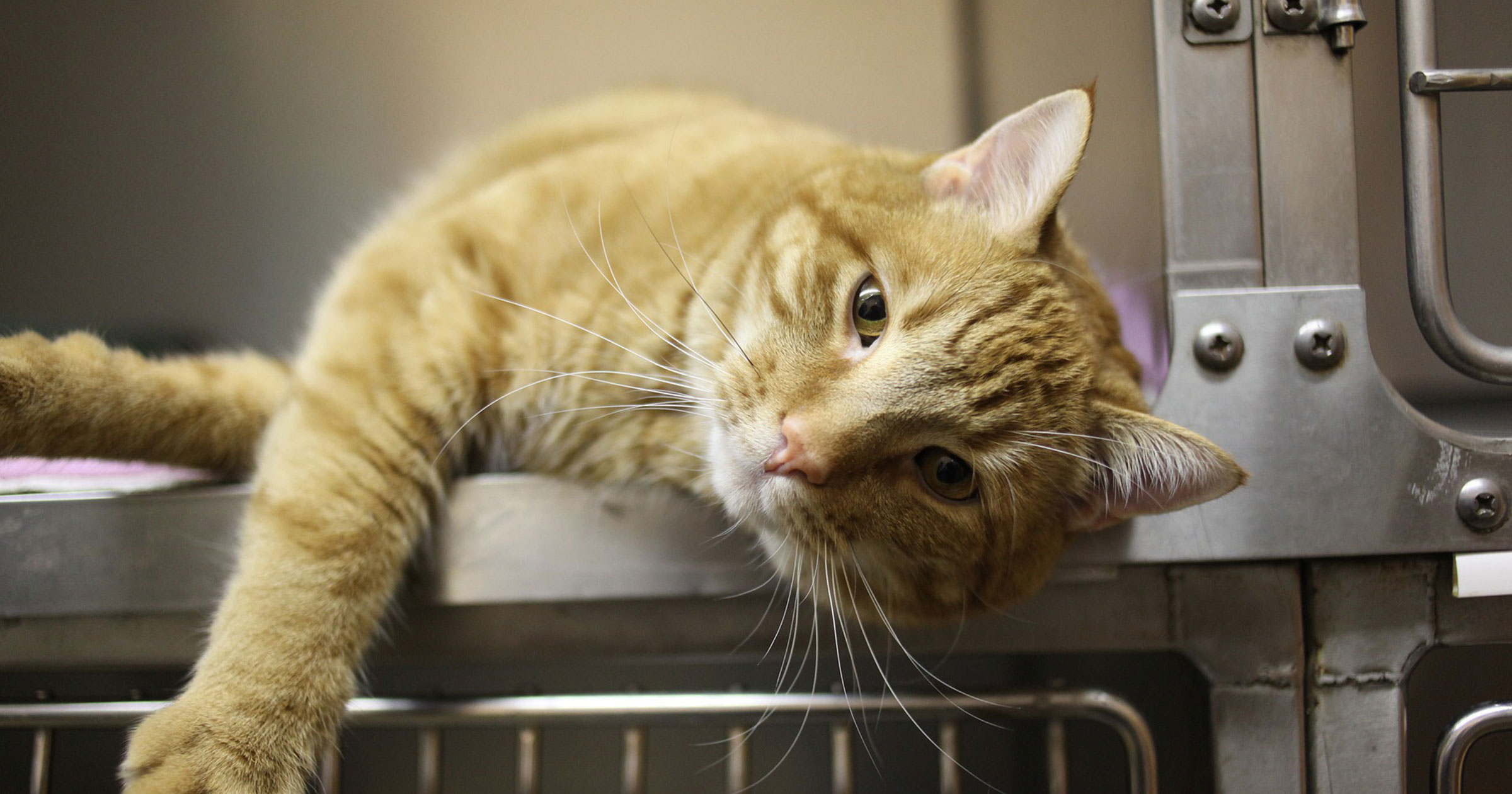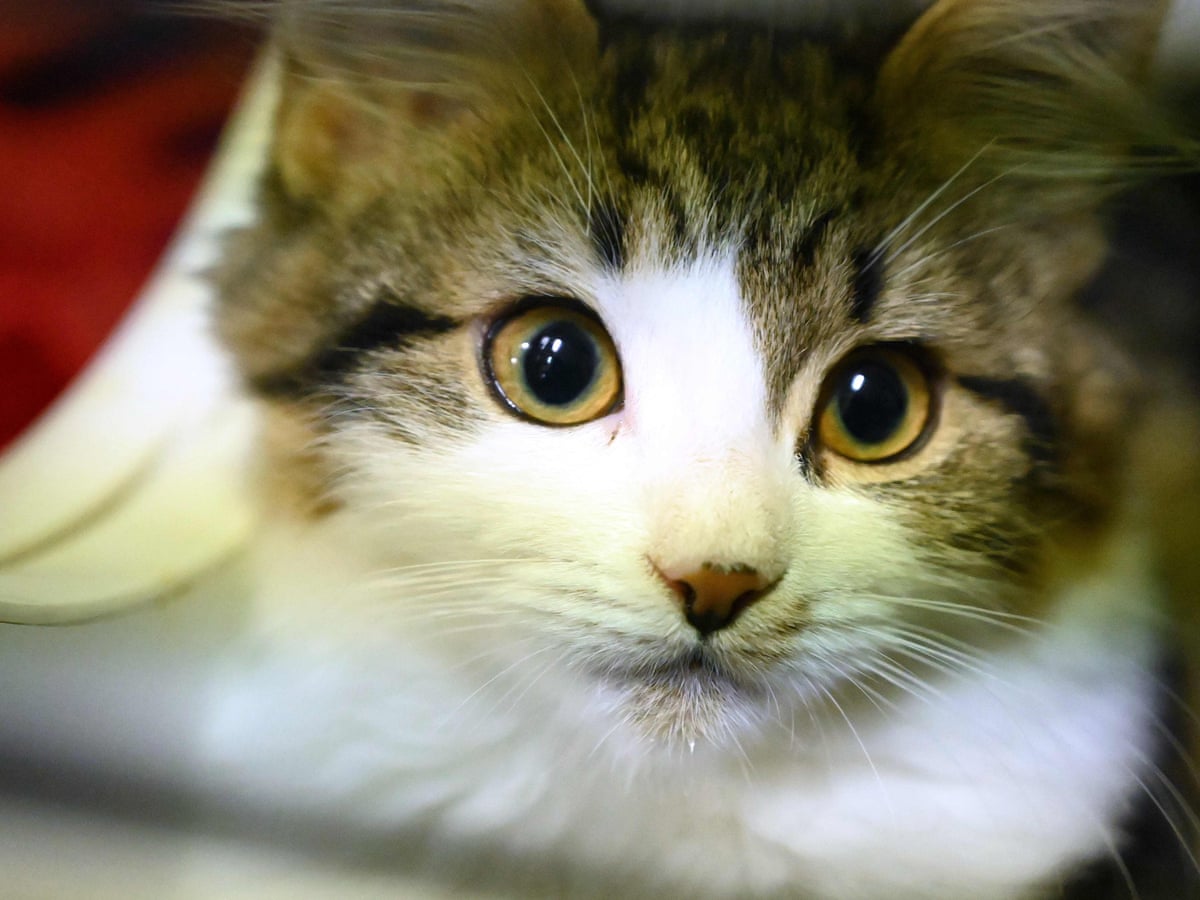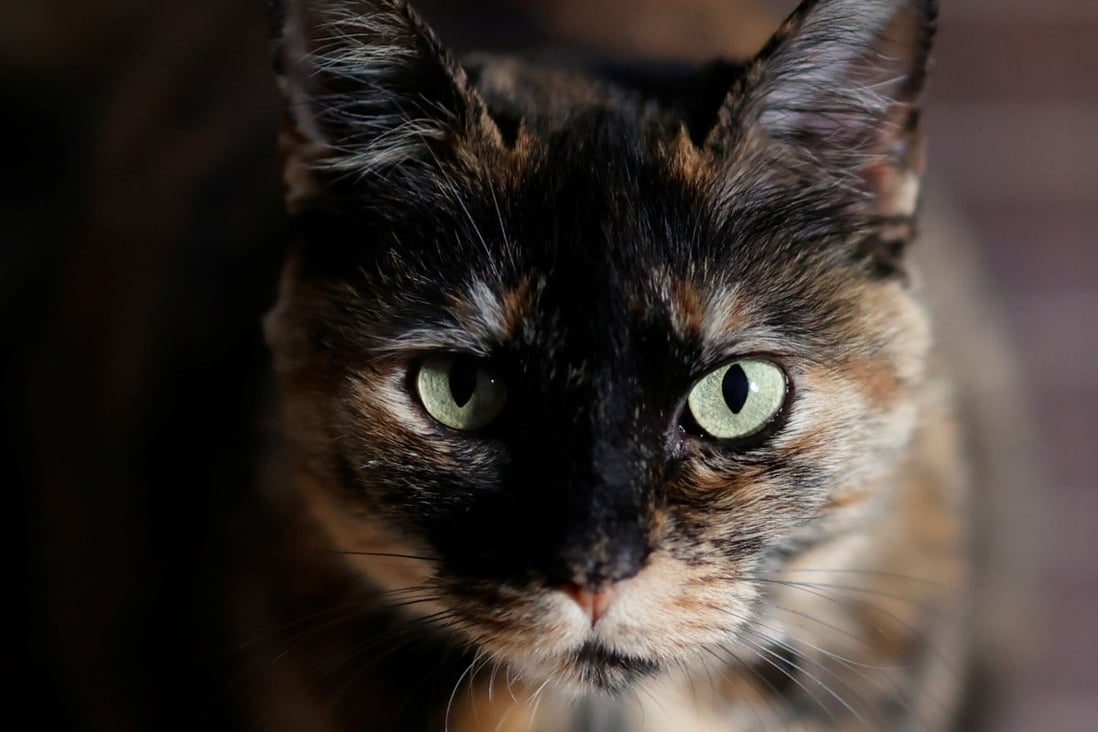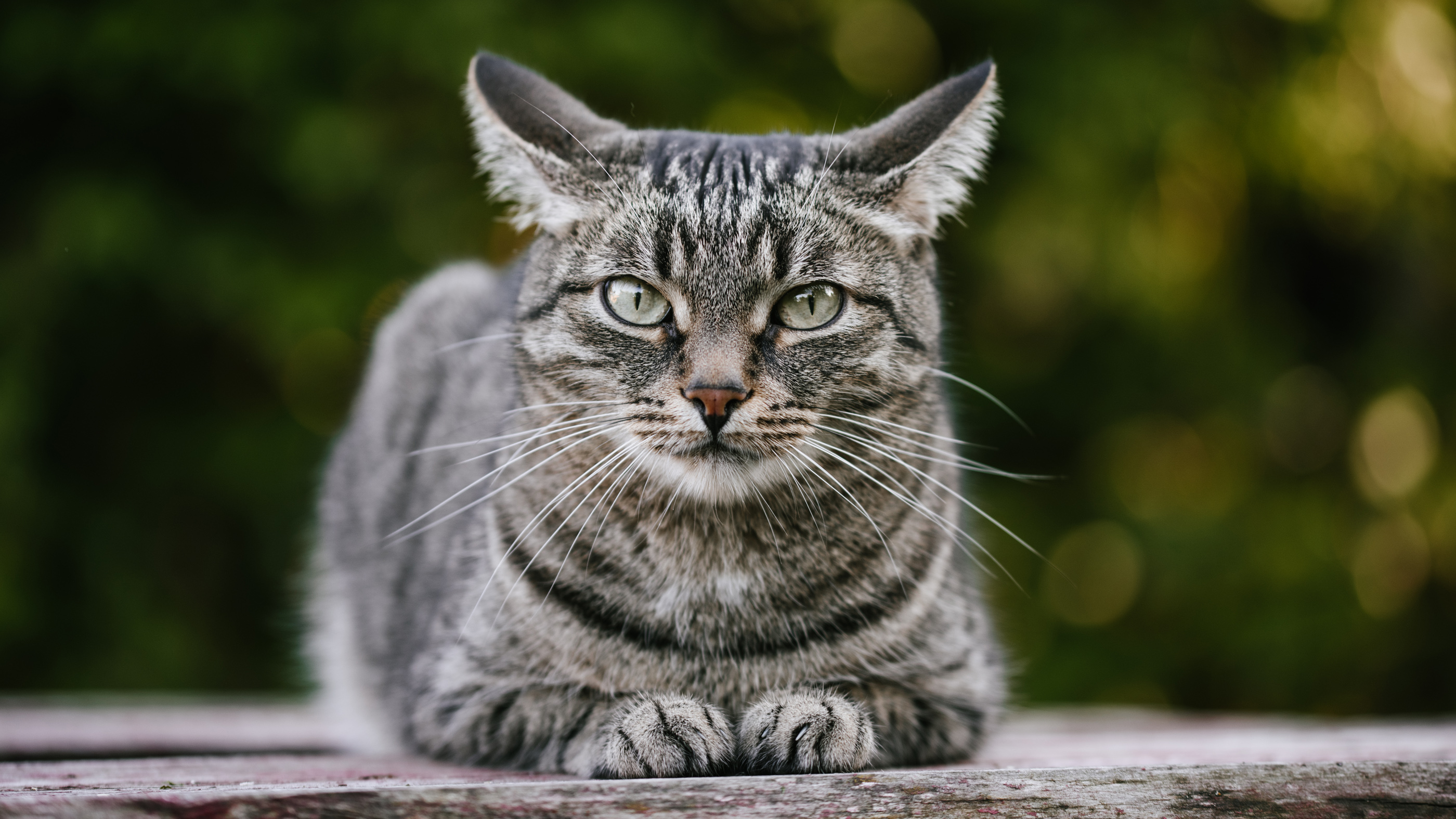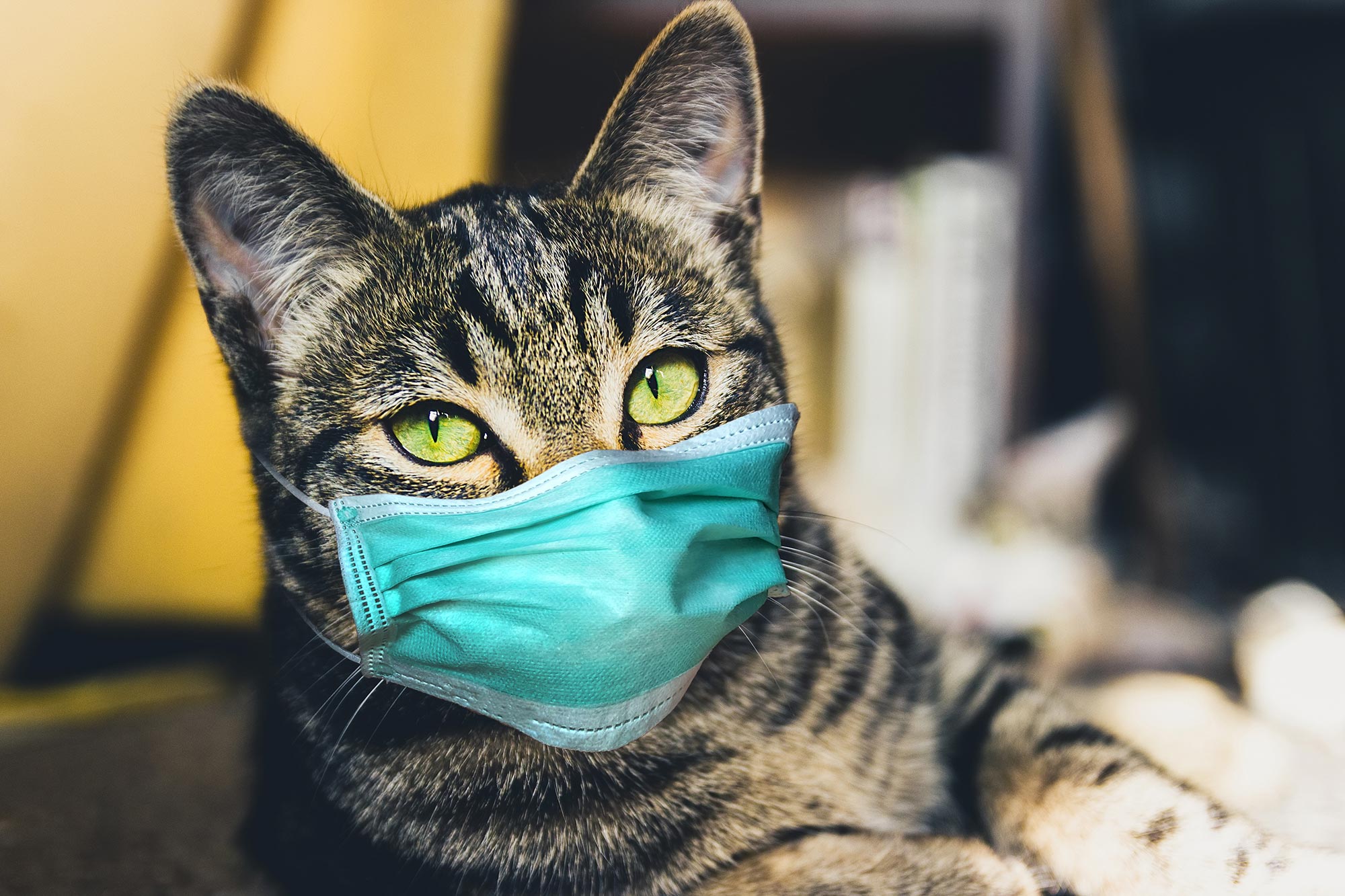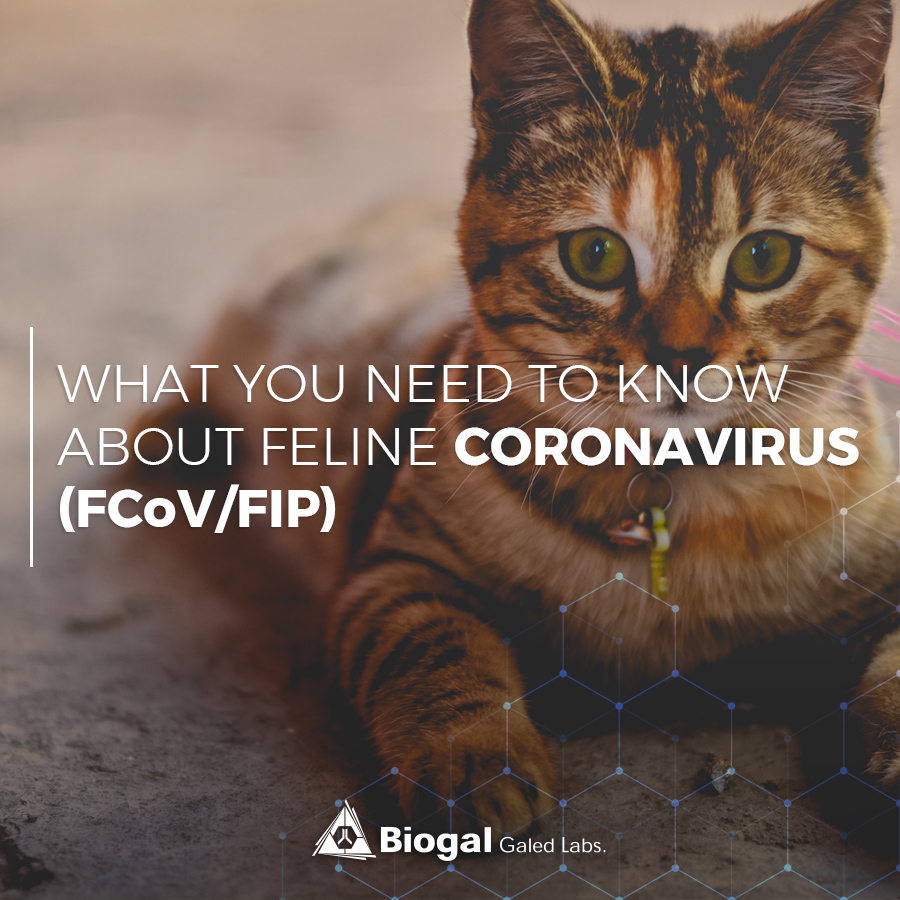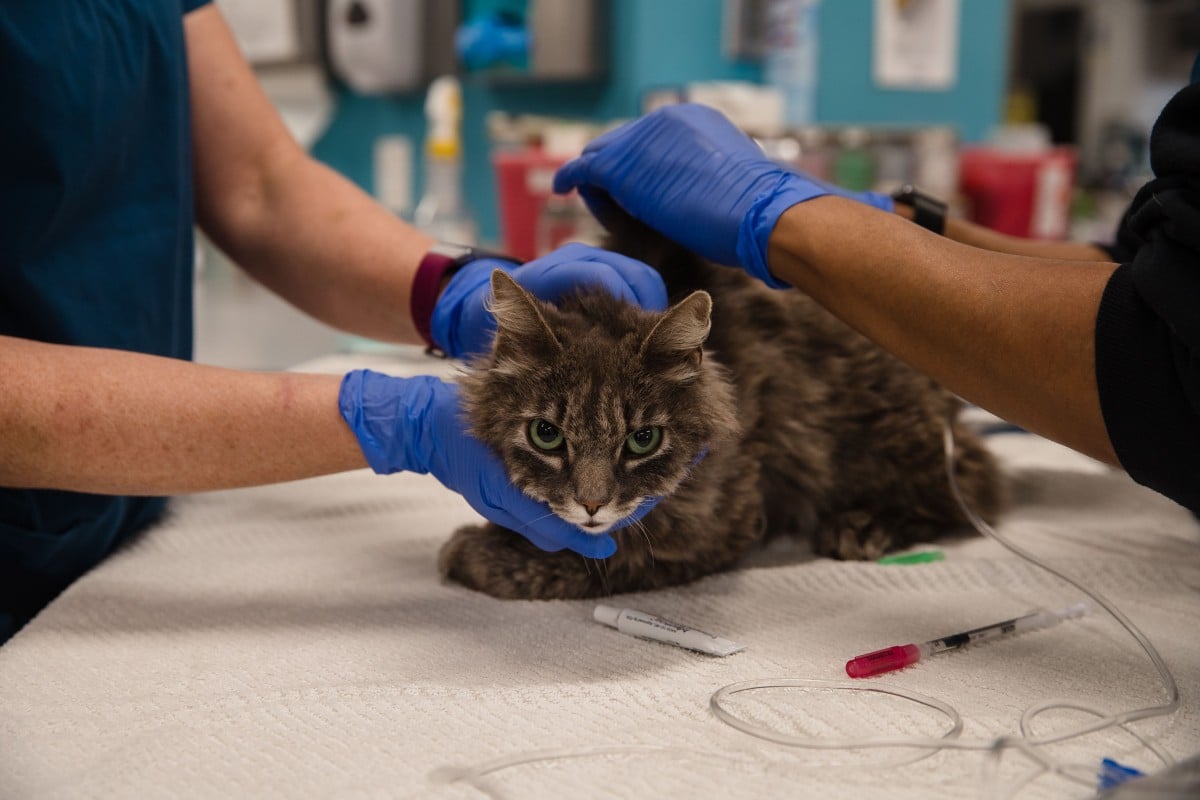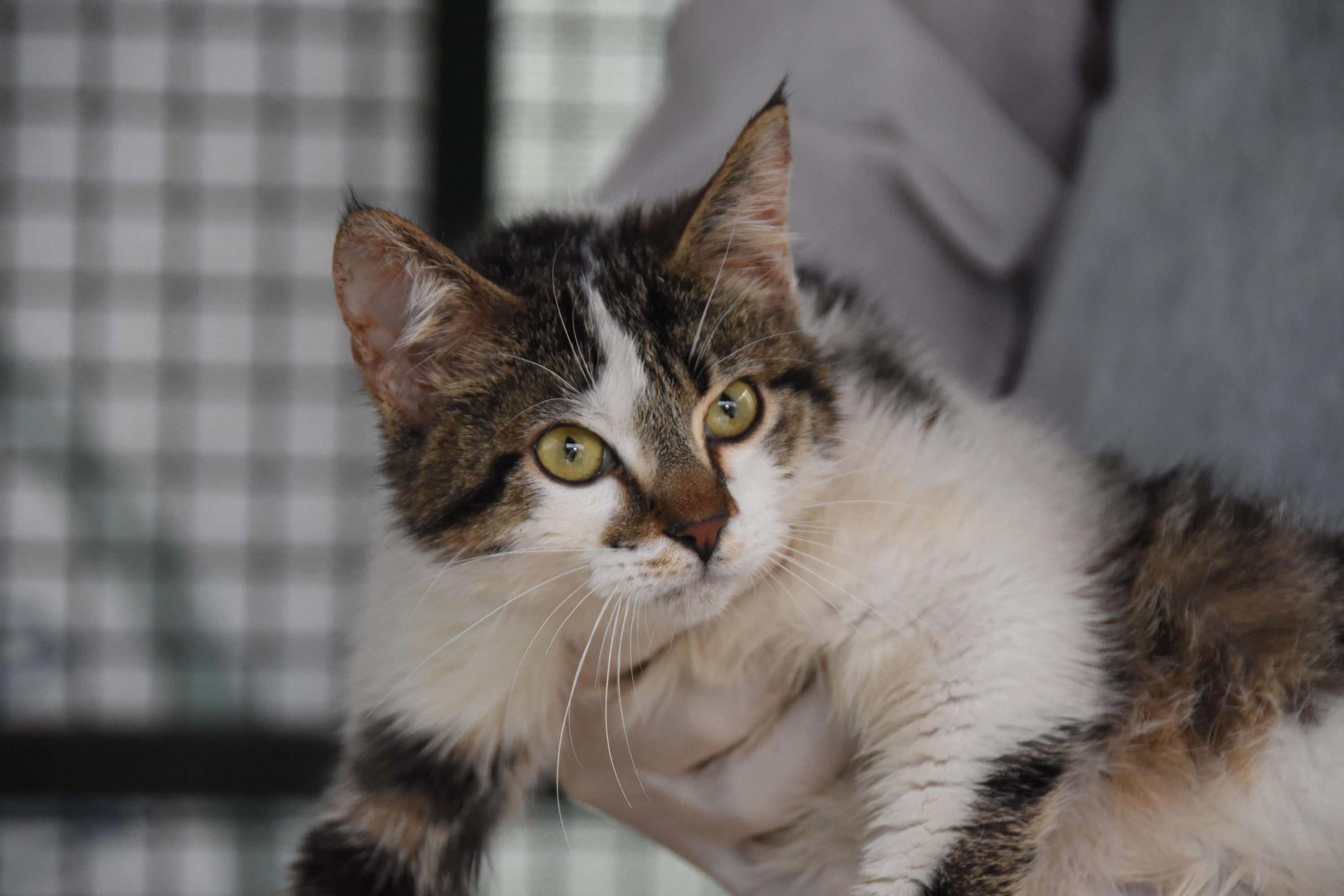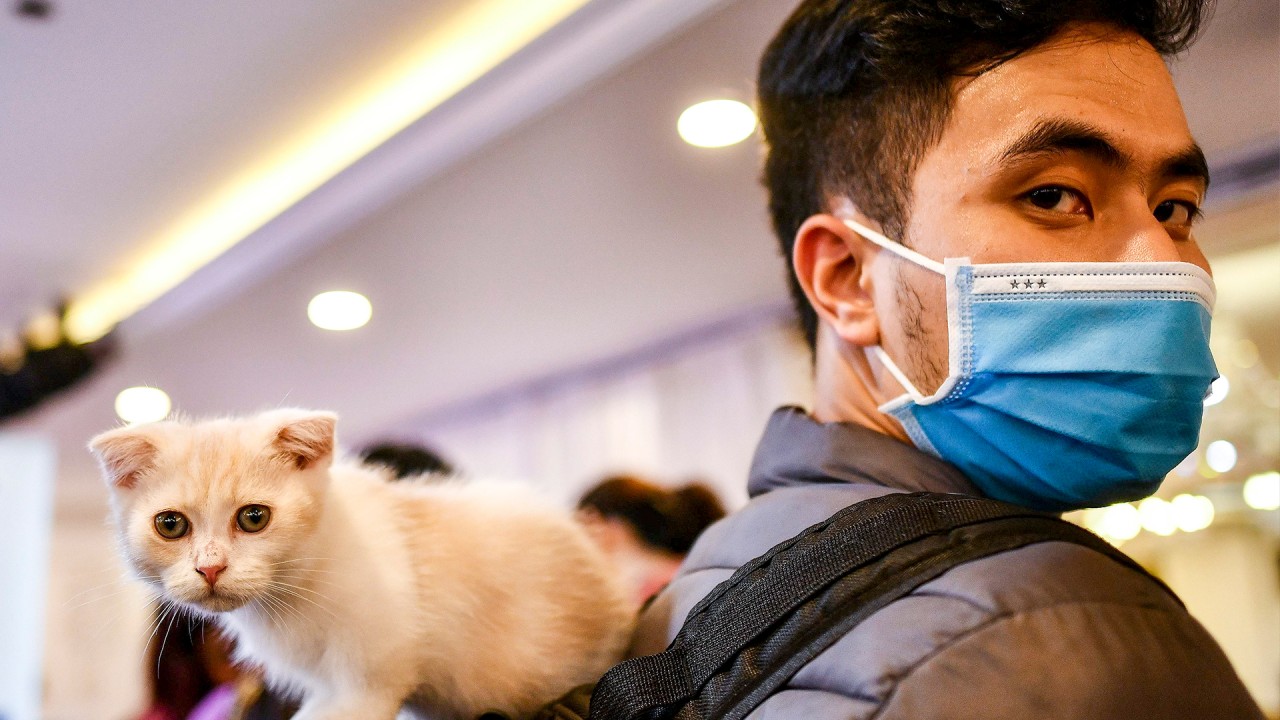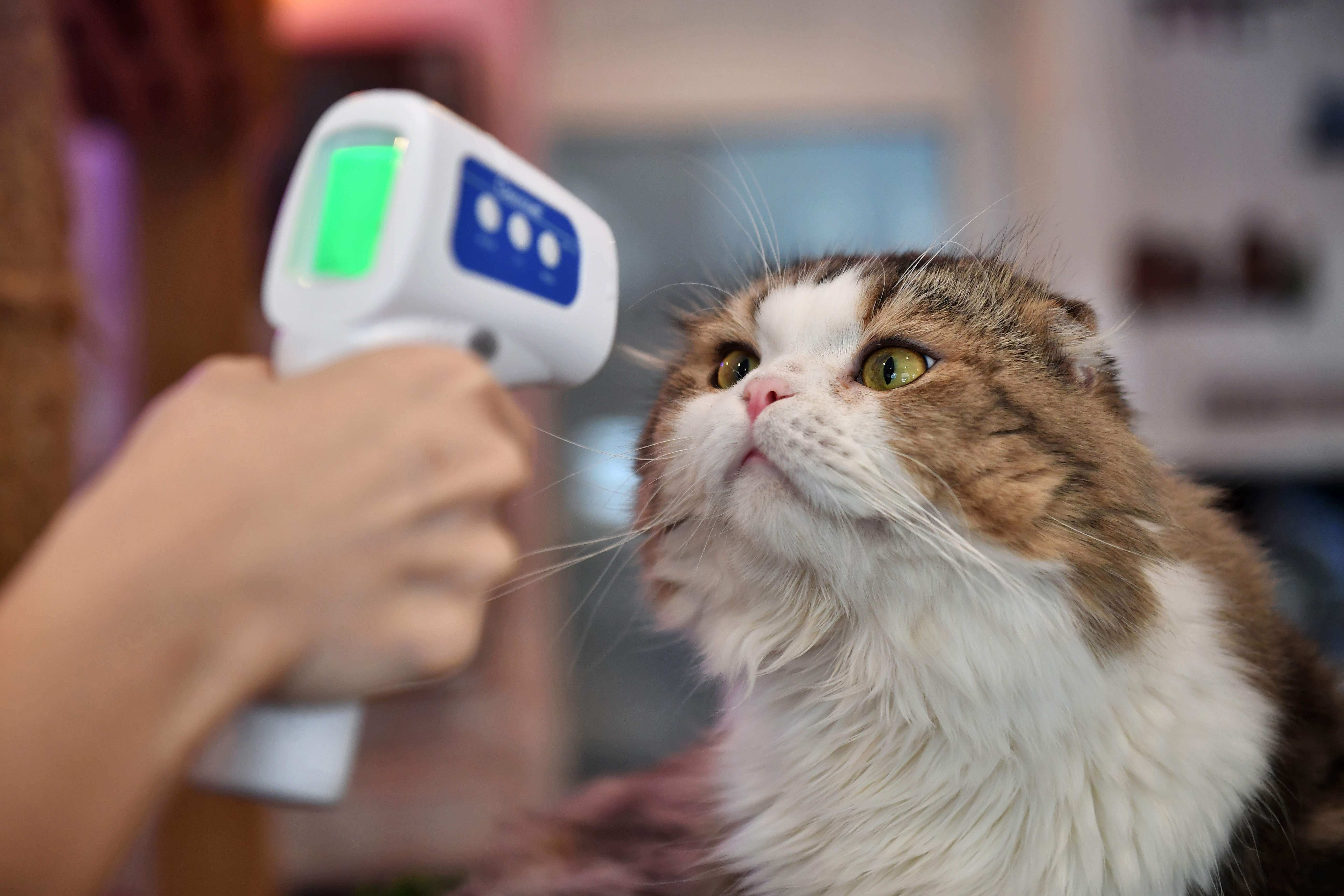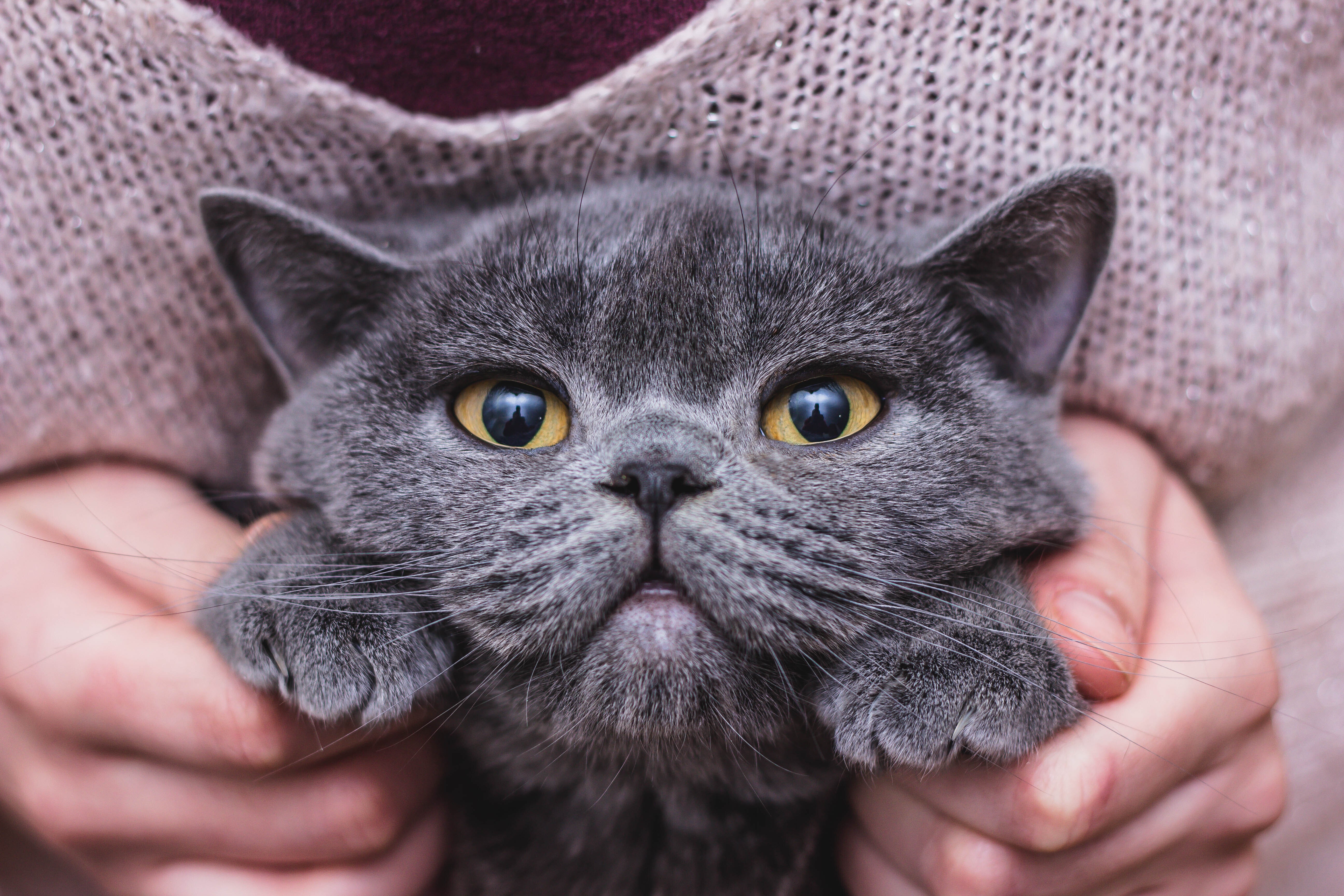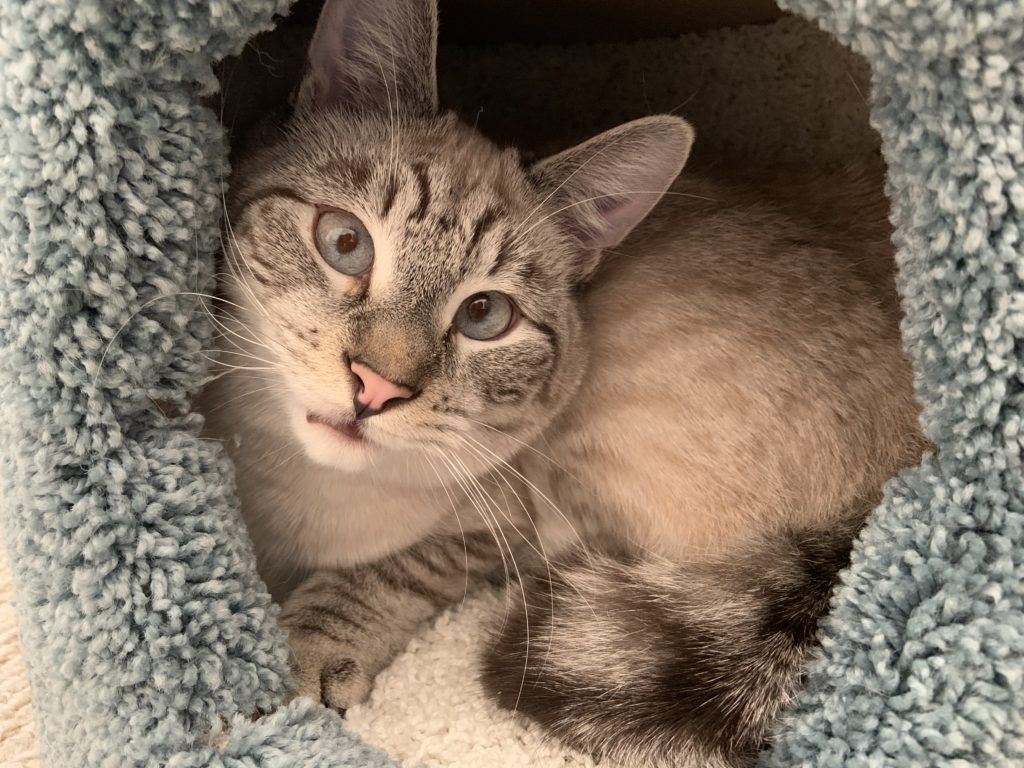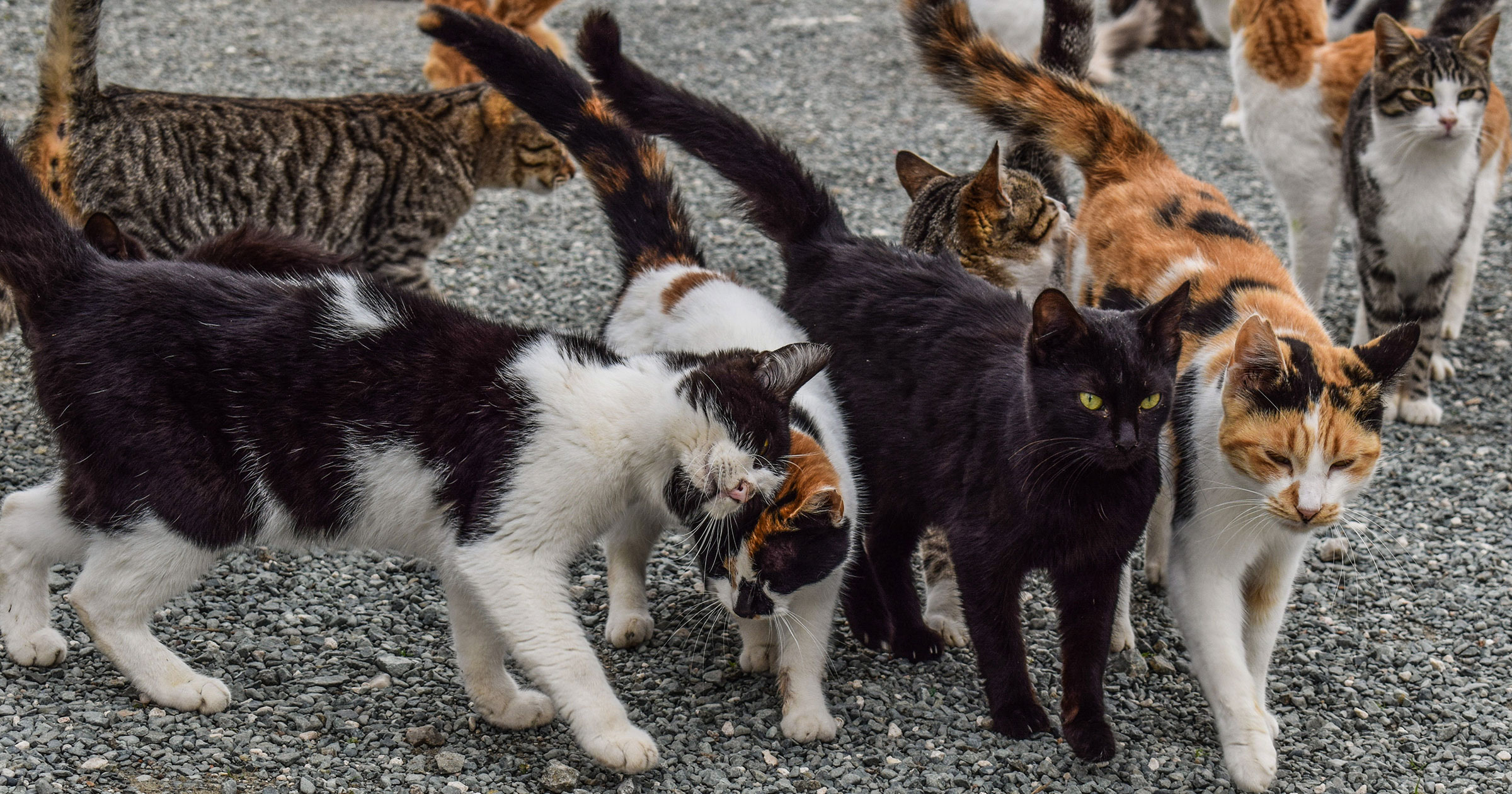Cats And Coronavirus Symptoms

This infection can affect the brain liver kidneys lungs and skin.
Cats and coronavirus symptoms. The animals had no or mild symptoms. Of the small number of dogs and cats confirmed to have the virus that causes COVID-19 some didnt show any signs of illness. Most infected pets were found to be asymptomatic or displayed mild Covid symptoms.
The most common human symptoms are a high temperature a new continuous cough or a loss or change to your sense of smell or taste. Eight cats and dogs that lived in the same homes as the pets that tested positive for. The severity of disease caused SARS-CoV-2 infection in cats is unclear.
There is so far no evidence that pets can pass COVID-19 to humans. The cat experienced breathing difficulties and nasal discharge stock image. If your pet is experiencing respiratory symptoms or other nonspecific symptoms such as lethargy or not wanting to eat or drink then contact your veterinarian for further guidance.
What if my pet shows symptoms coughing fever chills of human coronavirus COVID-19. Your cat can get COVID-19. Six of 154 cats 39 and 7 of 156 dogs 45 tested positive for COVID-19 while 31 cats 201 and 23 dogs 147 had coronavirus antibodies.
The majority of cases were mild and only 20 percent of dogs and 30 percent of cats had symptoms. In the field setting cats have shown clinical signs of disease including respiratory and gastro-intestinal signs. All 11 pets that underwent a second round of tests after another 1 to 3 weeks tested positive for antibodies and 3 cats still were positive for COVID-19.
If you think you may have coronavirus follow the latest advice found on the NHS website. FCoV is a common and contagious virus which is passed in the faeces of cats. Investigators are still unsure of the routes by which strains of coronavirus are transmitted between cats.

